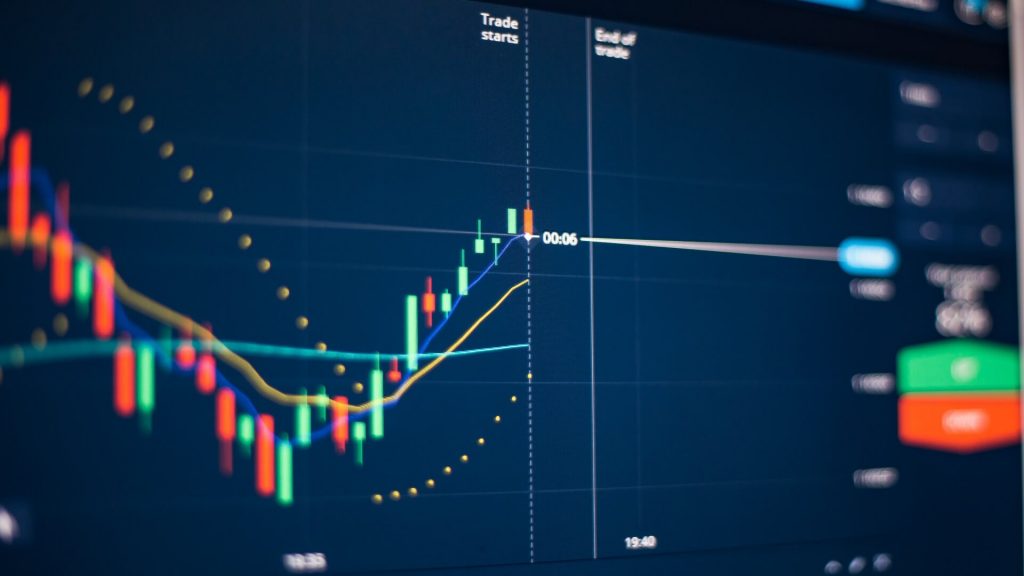Online trading, the act of buying and selling financial products through an online platform, has become increasingly popular. But can it really be a viable source of a good living? This article explores the intricacies and realities of making a living through online trading.
Unlike traditional trading, which often requires a broker, online trading allows individuals direct access to financial markets. It encompasses a range of instruments such as stocks, forex, cryptocurrencies, and more. This digital method offers greater control and flexibility but also demands a comprehensive understanding of the markets.
How to be Successful at Online Trading
The foundation of successful online trading lies in education and continuous learning. A trader must develop a strong strategy and maintain discipline to execute it. Financial commitment is necessary, but so is an understanding of the inherent risks. Balancing these elements is crucial for longevity in the trading world.
The Reality of Making a Living through Online Trading
Success in online trading varies. Some traders achieve substantial profits, while others incur losses. The potential for high earnings exists, but so does the risk of significant losses. Trading requires a substantial time investment for market analysis and timely trade execution. It’s not something you can jump into and be immediately successful.
The Challenges
Common pitfalls include emotional trading and inadequate research. Market volatility and external factors like economic changes can significantly impact trading outcomes. Learning how to navigate these challenges is part of the trading journey.
Conclusion
While online trading offers the potential to make a living, it’s not a guaranteed or universally suitable path. Prospective traders should thoroughly research and assess if online trading aligns with their financial goals and risk tolerance. The world of online trading is complex, and success requires dedication, strategy, and a clear understanding of the risks involved.







